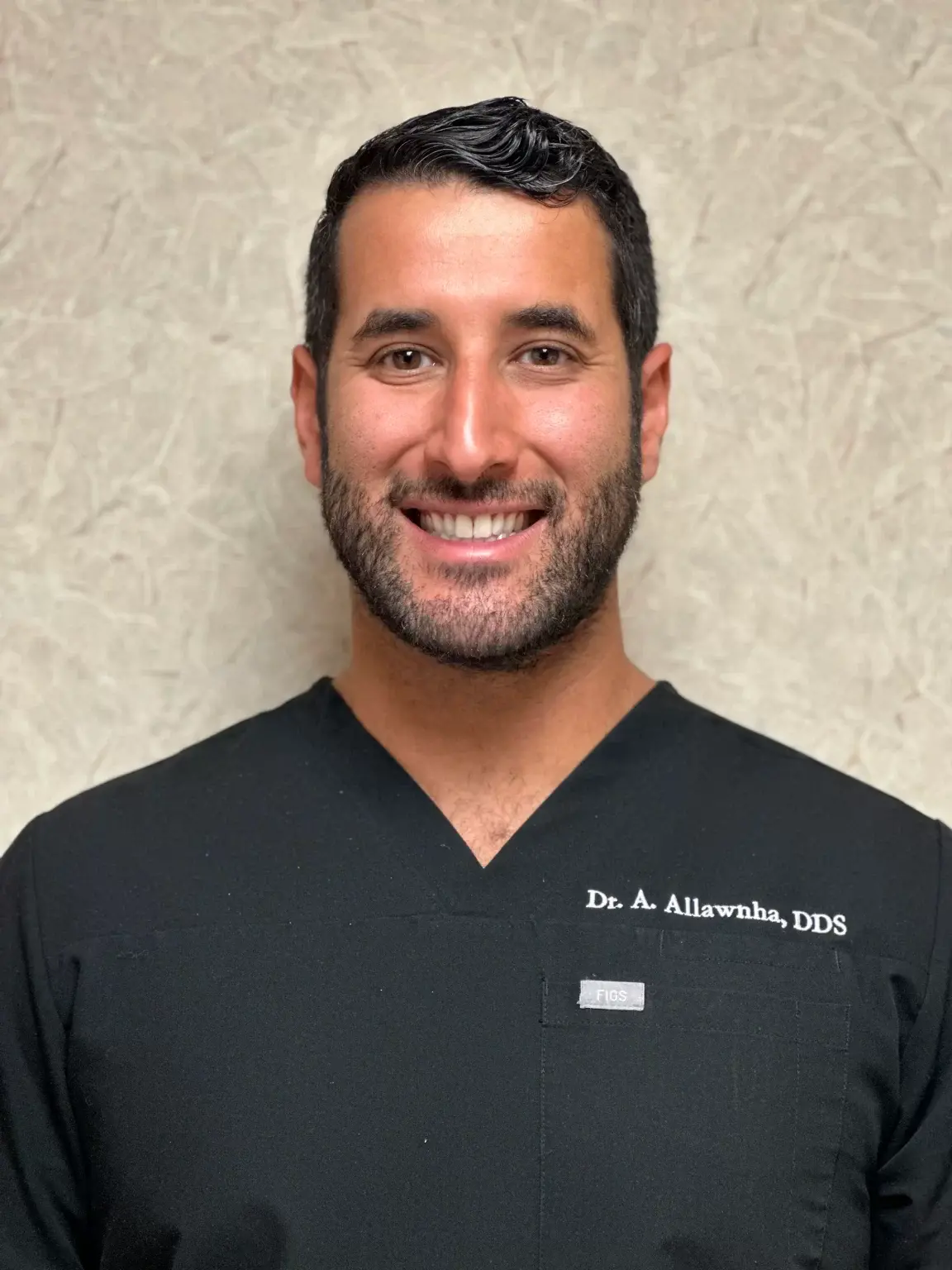In today’s fast-paced world, getting a good night’s sleep has become a luxury. With the constant pressures of work, family, and social media, it becomes so easy to prioritize staying up late over getting a full night of rest. However, this lack of sleep can have dangerous consequences for our overall health—including our oral health.
While the benefits of a good night’s sleep for our physical and mental health are well-known, few people realize that the quality of our sleep can also impact our dental health.
Effects of Lack of Sleep on Oral Health
According to the Centers for Disease Control and Prevention, one in three American adults doesn’t get enough sleep. This can have far-reaching consequences for overall health and well-being as well as our dental health. Here are some of the ways that poor sleep can affect our teeth and mouth:
1. It can increase the risk of oral infection.
Sleep deprivation weakens the immune system, making it more challenging to fight off infections, including those that affect the mouth. Poor sleep can also lead to bacterial infections such as gingivitis, which can cause redness, swelling, and bleeding gums.
2. It can increase the risk of gum disease.
Dry mouth caused by reduced saliva production because of lack of sleep can increase the risk of dental problems. Saliva helps to wash away food particles and neutralize acids that can erode tooth enamel. Without enough saliva, bacteria can grow and produce more acid, leading to cavities and gum disease.
3. It can cause halitosis.
Poor sleep can lead to bad breath or halitosis. When we don’t sleep enough, our saliva production decreases, allowing bacteria to thrive in the mouth and cause an unpleasant odor.
4. It can impact the temporomandibular joint (TMJ).
The TMJ is the joint that connects the jawbone to the skull, and lack of sleep can affect its function. When we don’t get enough sleep, our muscles, including those that control the TMJ, become tense. This can lead to pain, clicking, or popping in the jaw joint.
Sleep Disorders That Affect Dental Health
The relationship between sleep and dental health is often overlooked, but it is crucial to understand how sleep disorders can affect oral health. In fact, dental problems are often the first sign that someone may be suffering from a sleep disorder.
1. Bruxism
Bruxism is a condition in which people grind their teeth or clench their jaws while they sleep. This can lead to tooth damage, jaw pain, and headaches. Although the causes of bruxism are not entirely clear, stress and anxiety can be contributing factors. Improving sleep quality and finding ways to manage stress can help alleviate bruxism symptoms.
2. Sleep Apnea
Sleep apnea is a sleep disorder that causes breathing to repeatedly stop and start during sleep. These repeated pauses in breathing while asleep can cause dry mouth, which increases the risk of tooth decay and gum disease.
3. Insomnia
Chronic insomnia can also have adverse effects on oral health, as poor sleep quality can lead to dry mouth and an increased risk of tooth decay and gum disease. Treatment for insomnia may involve healthy lifestyle habits such as creating a relaxing bedtime routine or taking medications or supplements to help with sleep.
Effect of Poor Dental Health on Sleep Quality
The importance of good dental hygiene is often emphasized for its impact on overall health and well-being. However, poor oral health can also have negative effects on sleep quality. Here’s how:
1. It can lead to pain and discomfort.
Poor dental health can lead to toothaches, gum disease, and other painful conditions that make sleeping difficult. Pain and discomfort can cause difficulty falling or staying asleep, leading to poor sleep quality and daytime fatigue.
2. It can contribute to the development of sleep apnea.
Gum disease and dental problems can contribute to the development of sleep apnea, as inflammation and infection in the oral tissues can affect the airway and lead to breathing problems during sleep.
3. It can interrupt sleep cycles.
In some cases, poor dental health can lead to breathing problems that can affect sleep quality. For instance, oral infections or abscesses can cause mouth and throat swelling, making breathing difficult. This can lead to more frequent awakenings during the night.
Improving Dental Health and Sleep
Getting adequate sleep is essential not only for overall health and well-being but also for maintaining good oral health. Here are some helpful tips to improve sleep quality and promote good dental health:
1. Avoid caffeine and alcohol before bed.
Caffeine and alcohol are both known to disrupt sleep quality. Caffeine is a stimulant that can keep you awake, and alcohol can interfere with your REM sleep cycle. Instead, try a soothing herbal tea or warm milk before bed.
2. Exercise regularly.
Exercise not only promotes overall health but can also improve sleep quality. Regular exercise can help reduce stress and anxiety, both of which can contribute to sleep disturbances.
3. Stick to a consistent bedtime schedule.
Maintaining a regular sleep schedule can help to regulate the body’s natural sleep-wake cycle, making it easier to fall asleep and wake up feeling rested. Try to go to bed and wake up at the same time each day, even on weekends. This can help to improve sleep quality and prevent sleeping issues such as insomnia and sleep apnea.
4. Practice good dental hygiene.
Brushing your teeth twice a day, flossing daily, and using mouthwash can help prevent oral problems that can interfere with sleep, such as toothaches, infections, and bad breath.
5. Visit your dentist regularly.
Regular dental check-ups can help detect and prevent dental problems before they become more serious. Your dentist can also provide insights on how to improve your oral hygiene routine and suggest treatments such as a mouthguard to protect against bruxism.
Key Takeaways
The relationship between sleep and oral health is often underestimated, yet it plays a critical role in our overall well-being. Neglecting either one can lead to negative consequences that can compromise our health, self-esteem, and quality of life.
Poor sleep quality can significantly compromise our dental health, increasing the risk of gum disease, tooth decay, and bad breath. Likewise, dental health issues can worsen the symptoms of sleep disorders, resulting in poor sleep quality. So, if you want to wake up with a healthy smile and refreshed mind, it’s important to prioritize both your sleep quality and your oral hygiene routine.
Maintain healthy dental habits with the help of Century Dental.
Regular dental check-ups can identify and treat any underlying dental issues that may be causing discomfort or affecting sleep quality. At Century Dental, we understand the connection between sleep and dental health and are committed to providing comprehensive care to help you improve both. Schedule an appointment with our dentist in Treasure Island, FL, and take the first step towards optimal dental health.






